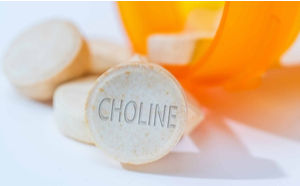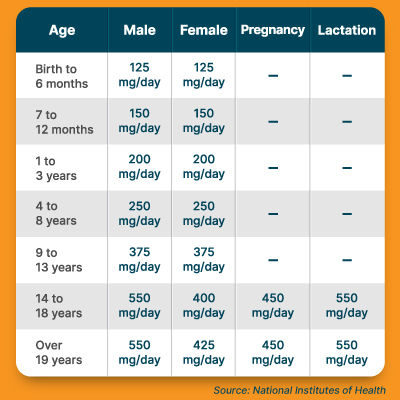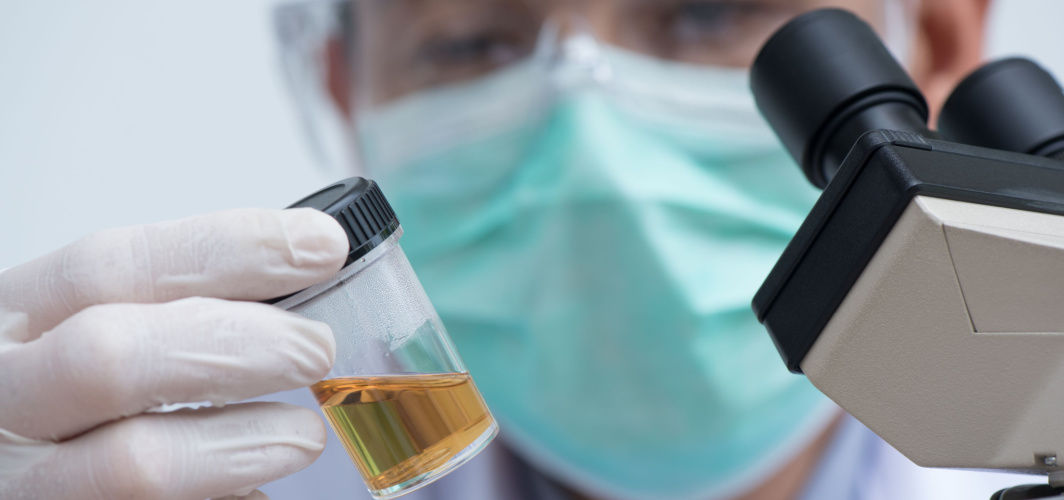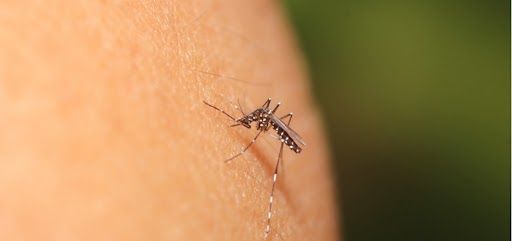General Health
Can Fish And Eggs Lower The Risk Of Developing A Fatty Liver?
3 min read
By Apollo 24|7, Published on - 23 June 2022, Updated on - 07 August 2024
Share this article
0
0 like

From skipping your requisite breakfast to devouring a hearty, fatty lunch in the evening, we all have been engaging in almost everything contrary to our health. This imprudence has eventually given birth to one of the most common lifestyle disorders – nonalcoholic fatty liver disease (NAFLD). Stats reveal that 25% of the global population suffers from NAFLD, while the prevalence of the disease in India is around 32%. This is alarming and screams action!
Understanding Fatty Liver
Non-alcoholic fatty liver disease can be classified into two sub-categories:
- Fatty liver: The simple fatty liver can also be referred to as the nonalcoholic fatty liver disease as is characterised by fat deposition in the liver without any inflammation. This condition usually doesn’t progress to any major complications.
- Nonalcoholic steatohepatitis (NASH): This condition is quite similar to the simple fatty liver, however, the deposited fat also causes inflammation of the liver cells. This increases the risk of liver cancer or cirrhosis.

Introducing the Champion
A study published in Lippincott Journals in 2018 found that choline, an essential nutrient, can help in reducing the risk of NAFLD. The functions of choline include:
- Metabolising fat
- Early brain development
- Maintaining cell membranes
- Modulating gene expression
- Producing acetylcholine, a brain chemical

Choline & Liver – Correlation
Researchers found that healthy men and women with normal levels of folate and vitamin B12, when fed with a choline-deficient diet, developed fatty liver disease. It was further characterised by muscle damage and increased liver enzymes in the blood, which can only be fixed by restoring choline into the diet. Choline plays a crucial role in metabolising fat in the liver and helps in forming and maintaining the membranes of mitochondria (the powerhouse of cells) by producing phospholipids (a type of fat).
However, a study conducted on Chinese women with moderate BMI in 2014 displayed that a high intake of choline has lowered the risk of fatty liver disease. Another study published in January 2022 also concluded that a combined intake of choline and betaine reduced visceral obesity-related fatty liver disease by a massive 81%.
Choline Consumption
Though the choline consumption of a person depends on a lot of factors like age, gender, pregnancy, other nutrients levels in the body and ability to produce choline in the body, the recommended intake of choline as per age is: 
Choline-Enriched Foods
From poultry and dairy products to cruciferous vegetables and meat, most food items we consume every day are rich in choline. Here are some food items that you can consume in case you have a choline deficiency:
- Each hard-boiled egg offers 147mg of choline per serving
- Half a cup of roasted soybeans offers 107mg of choline per serving
- Around 85 grams of roasted chicken offers 72mg of choline per serving
- One large red potato offers 57mg of choline per serving
- Half a cup of kidney beans offers 45mg of choline per serving
- A cup of low-fat milk (1% fat) offers 43mg of choline per serving
- Half a cup of boiled broccoli offers 31mg of choline per serving
- A cup of paneer or cottage cheese offers 26mg of choline per serving
- Around 85 grams of tuna offers 25mg of choline per serving
- Half a cup of boiled green peas offers 24mg of choline per serving
Besides these food items, you can also be prescribed choline-enriched dietary supplements in case the physician finds it necessary. You should avoid doing an overdose of choline because that can cause adverse reactions like hypotension (low blood pressure), vomiting and excessive sweating with a fishy odour. Moreover, health professionals believe that the best way to reduce the risk of NAFLD is to reduce weight and eat healthy. In case, you have fatty liver-related queries, you can
Medically reviewed by Dr Sonia Bhatt.
General Health
Leave Comment
Recommended for you
.jpg?tr=q-80)
General Health
Healthy Eating Tips to Manage Fatty Liver
A good diet is key to living a long and happy life. Even if you are disease-free, eating healthy is important. Maintaining a good diet is even more essential for conditions like fatty liver. Fatty liver is reversible in the early stage, and a healthy diet can help repair damaged liver cells, restoring the liver to normal function.

General Health
Which Diseases Can Be Diagnosed With A Urine Test?
The article focuses on the types of urine tests and the diseases they may help diagnose.

General Health
Mosquito-Borne Diseases: Know The Difference Between Malaria, Dengue, and Chikungunya
Malaria, dengue, and chikungunya are mosquito-borne diseases common in hot and humid regions. It's important to recognise their differences for proper diagnosis and treatment.
Subscribe
Sign up for our free Health Library Daily Newsletter
Get doctor-approved health tips, news, and more.
Visual Stories

Science-backed Home Remedies for Burns and Blisters
Tap to continue exploring
Recommended for you
.jpg?tr=q-80)
General Health
Healthy Eating Tips to Manage Fatty Liver
A good diet is key to living a long and happy life. Even if you are disease-free, eating healthy is important. Maintaining a good diet is even more essential for conditions like fatty liver. Fatty liver is reversible in the early stage, and a healthy diet can help repair damaged liver cells, restoring the liver to normal function.

General Health
Which Diseases Can Be Diagnosed With A Urine Test?
The article focuses on the types of urine tests and the diseases they may help diagnose.

General Health
Mosquito-Borne Diseases: Know The Difference Between Malaria, Dengue, and Chikungunya
Malaria, dengue, and chikungunya are mosquito-borne diseases common in hot and humid regions. It's important to recognise their differences for proper diagnosis and treatment.